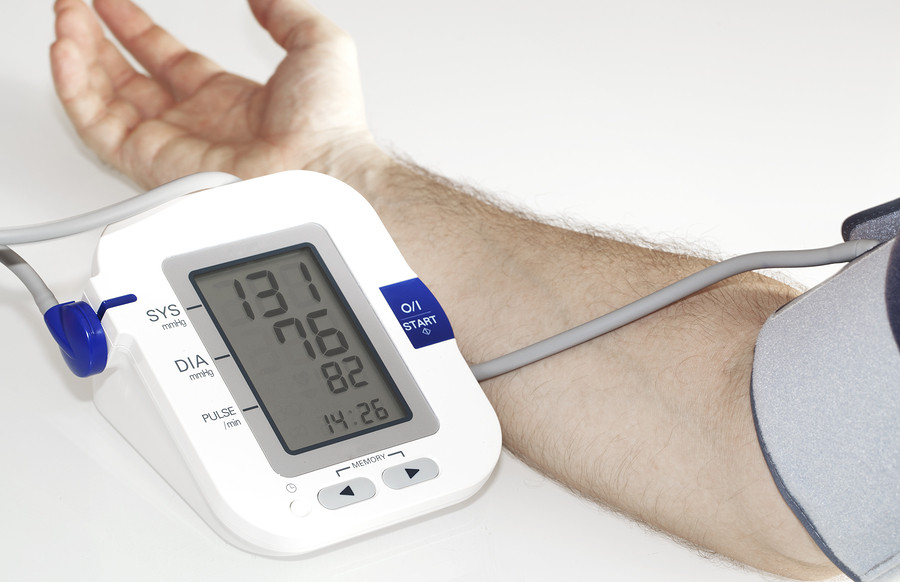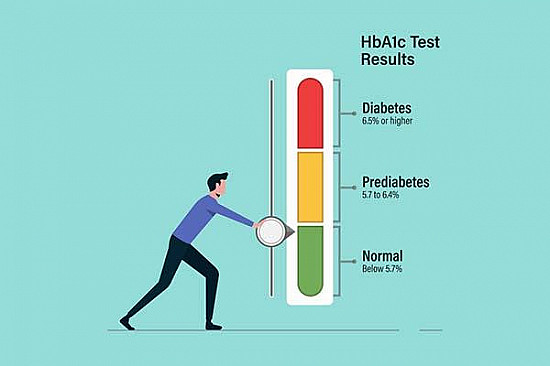Tips to measure your blood pressure correctly
- Reviewed by Howard E. LeWine, MD, Chief Medical Editor, Harvard Health Publishing; Editorial Advisory Board Member, Harvard Health Publishing

Getting an accurate blood pressure reading is a quick and easy way to stay on top of your heart health and catch any issues early. How you prepare for the test, the position of your arm, and other factors can change a blood pressure reading by 10% or more. That could be enough to hide high blood pressure, start you on a drug you don't really need, or lead your doctor to incorrectly adjust your medications.
Here are some tips based on national and international guidelines for measuring blood pressure.
The best position to take blood pressure
The best position to take your blood pressure is seated in a chair with your feet on the floor and your arm supported so your elbow is at about heart level. You should remain in this position throughout the measurement.
Which arm to measure blood pressure in
It's a good idea to have your blood pressure measured in both arms at least once, since the reading in one arm (usually the right) may be slightly higher than that in the left. In general, the arm-to-arm difference in systolic blood pressure is 5 points or less. If the difference is consistently greater than 10 points between the two arms, let your doctor know. This could be a sign that you have more than expected arterial plaque buildup.
How to properly take blood pressure
Follow these tips to correctly measure your blood pressure:
-
Don't drink a caffeinated beverage or smoke during the 30 minutes before the test.
-
Sit quietly for five minutes before the test begins.
-
The inflatable part of the cuff should completely cover at least 80% of your upper arm, and the cuff should be placed on bare skin, not over a shirt.
-
Don't talk during the measurement.
-
Have your blood pressure measured twice, with a brief break in between. If the readings are different by 5 points or more, have it done a third time.
There are times to break these rules. If you sometimes feel lightheaded when getting out of bed in the morning or when you stand after sitting, you should have your blood pressure checked while seated and then while standing to see if it falls from one position to the next.
What is a good blood pressure?
Blood pressure is now categorized as follows:
-
normal blood pressure: Less than 120/80 mm Hg
-
elevated blood pressure: 120/80 to 129/79 mm Hg
-
stage 1 hypertension: 130/80 to 139/89 mm Hg
-
stage 2 hypertension: 140/90 mm Hg and above.
Because blood pressure varies throughout the day, your doctor will rarely diagnose hypertension on the basis of a single reading. Instead, he or she will want to confirm the measurements on at least two occasions in the office, or have you measure your blood pressure yourself with a home monitor.
For more on getting your blood pressure under control, check out Controlling Your Blood Pressure, a Special Health Report from Harvard Medical School.
Image: cheyennezj/Getty Images
About the Reviewer

Howard E. LeWine, MD, Chief Medical Editor, Harvard Health Publishing; Editorial Advisory Board Member, Harvard Health Publishing
Disclaimer:
As a service to our readers, Harvard Health Publishing provides access to our library of archived content. Please note the date of last review or update on all articles.
No content on this site, regardless of date, should ever be used as a substitute for direct medical advice from your doctor or other qualified clinician.















